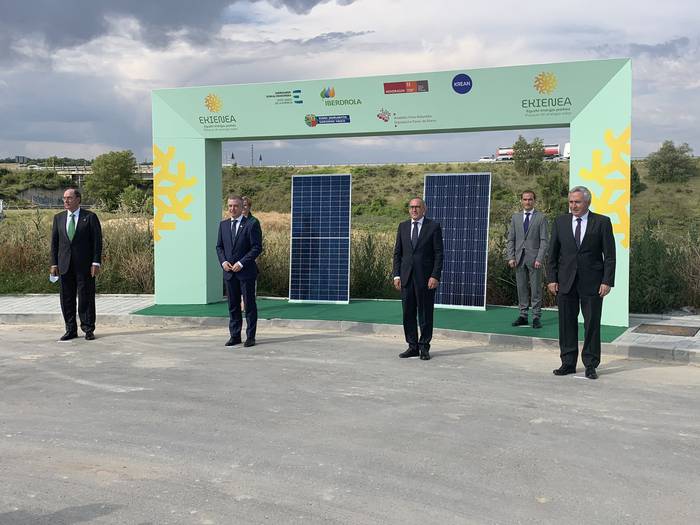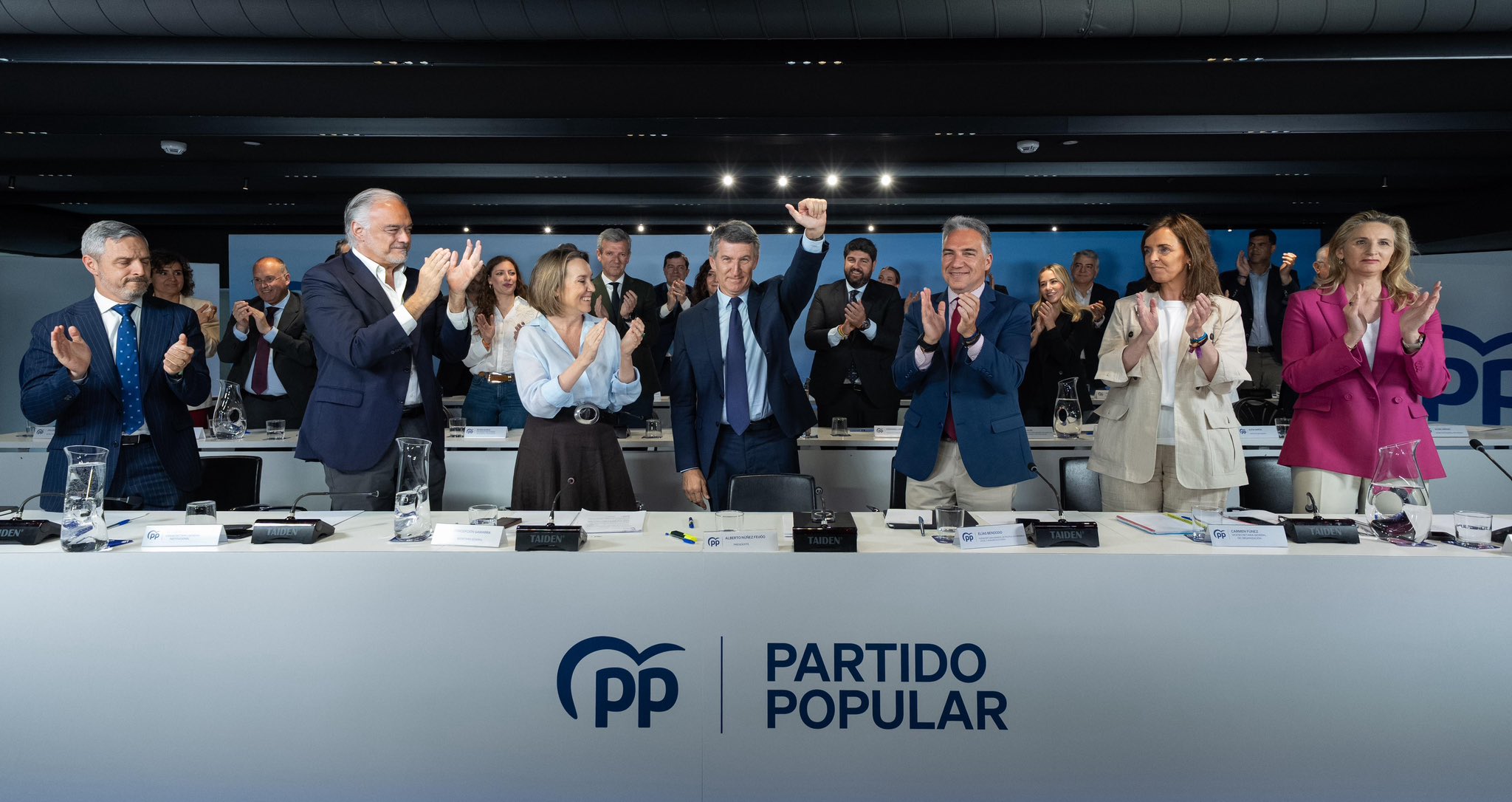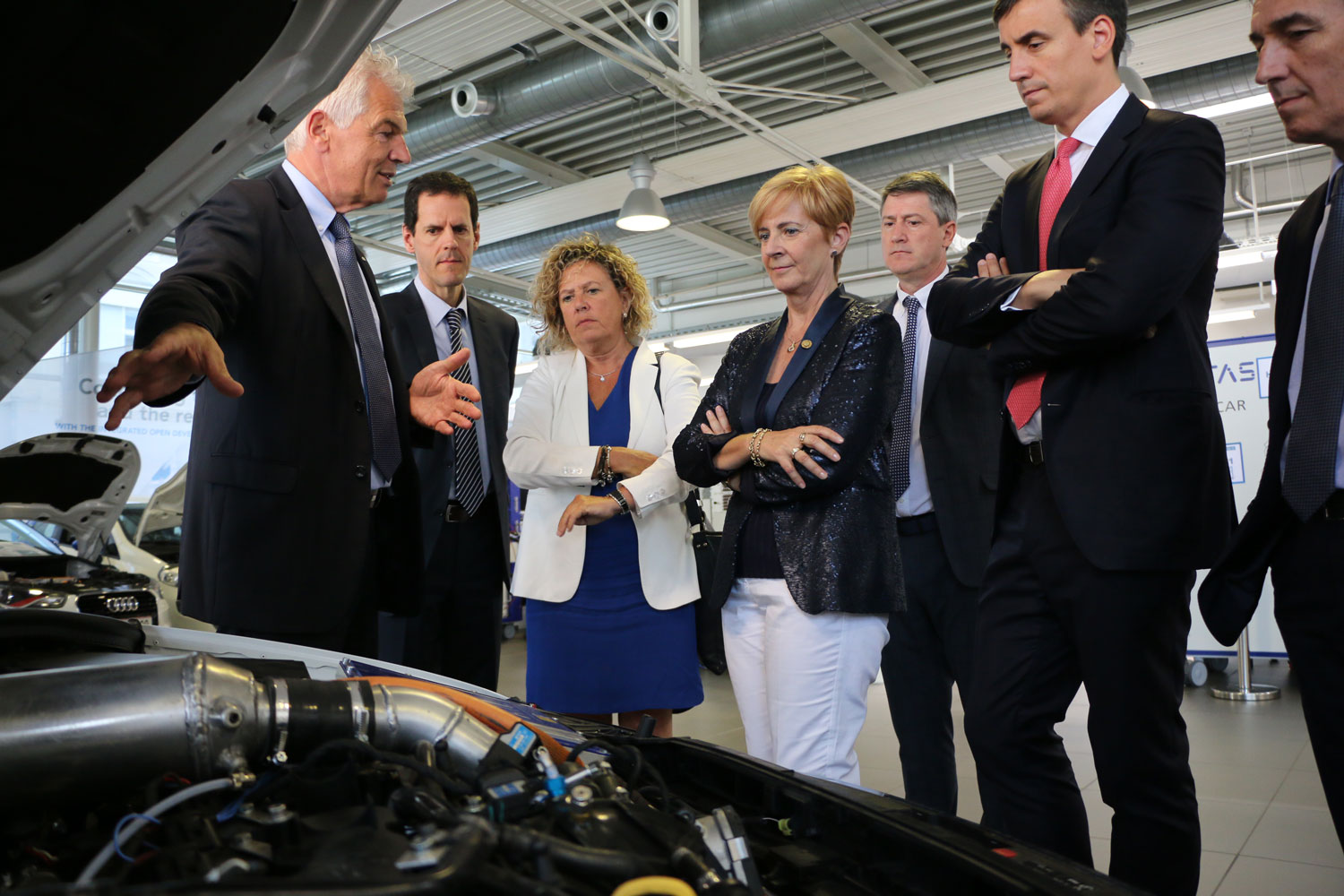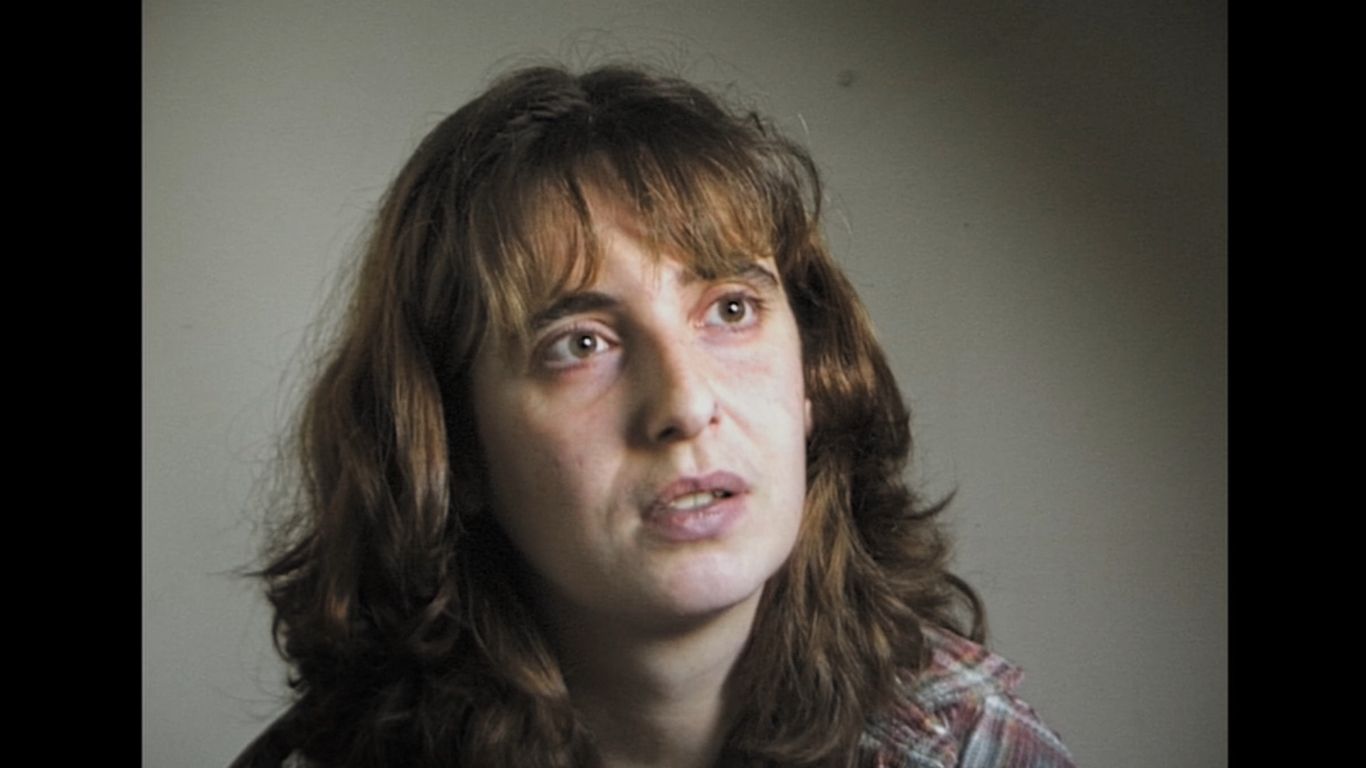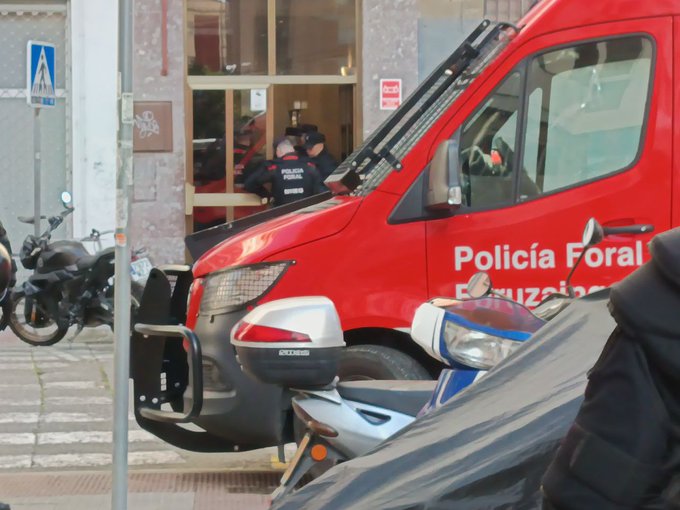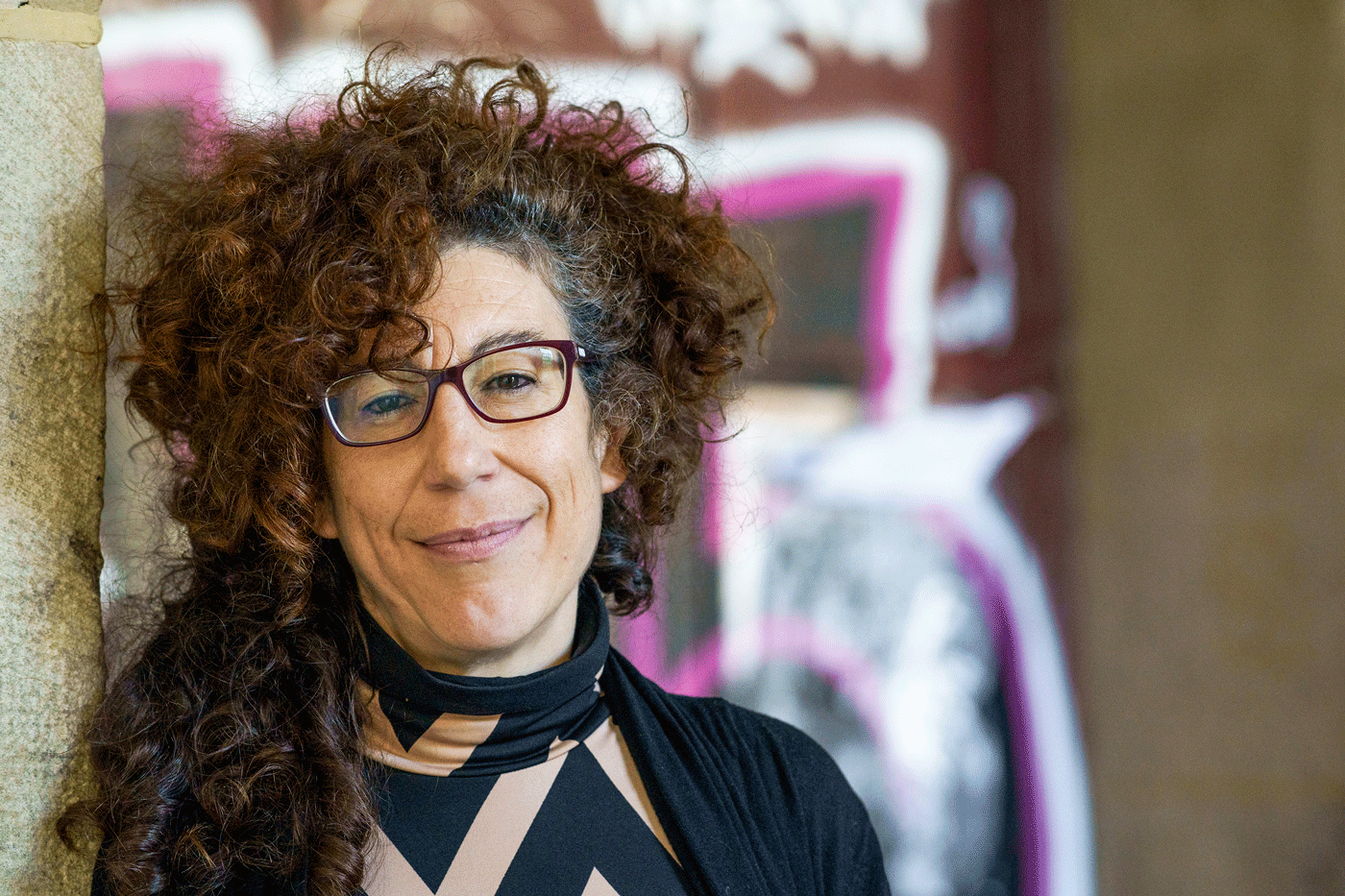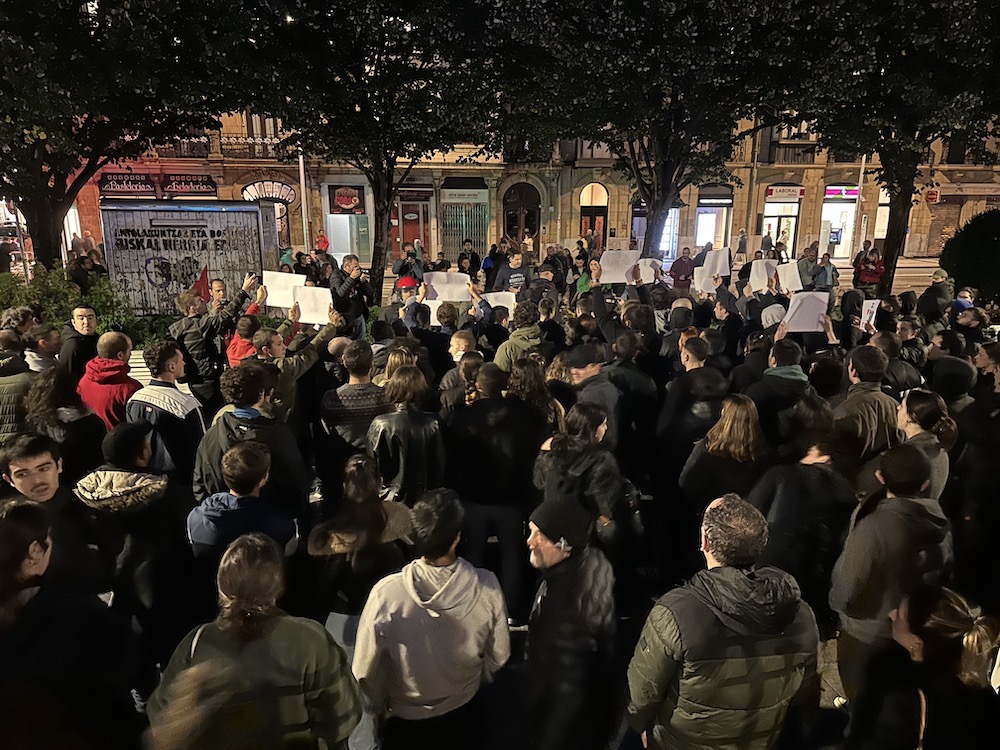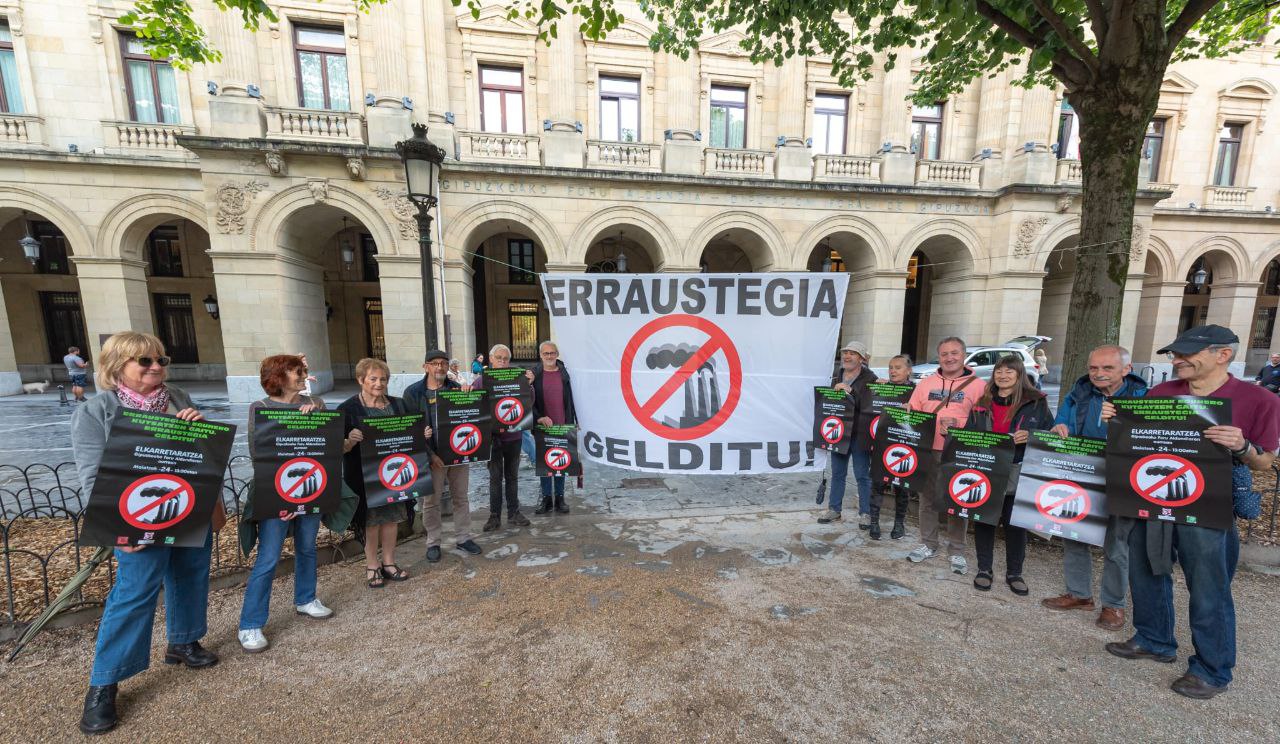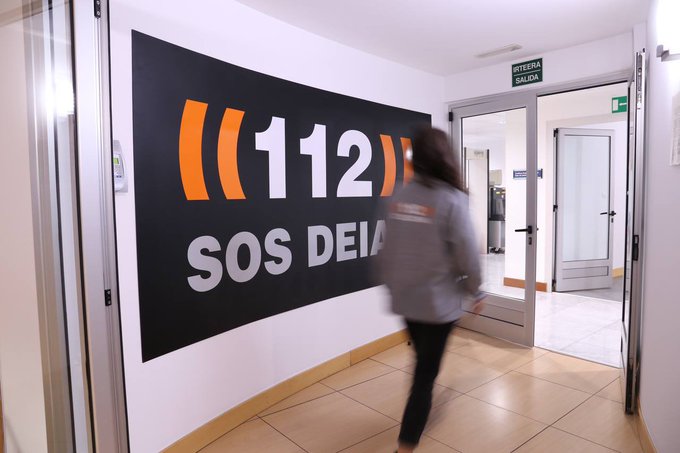Spanish leftist policies not applicable in the CAPV: Zone B of autonomy
- Taxes on banks and large energy companies and free public transport in various age groups are two points approved for the formation of the Spanish Government, against the interests of the PNV. It remains to be seen to what extent the Basque Government can flood these measures.
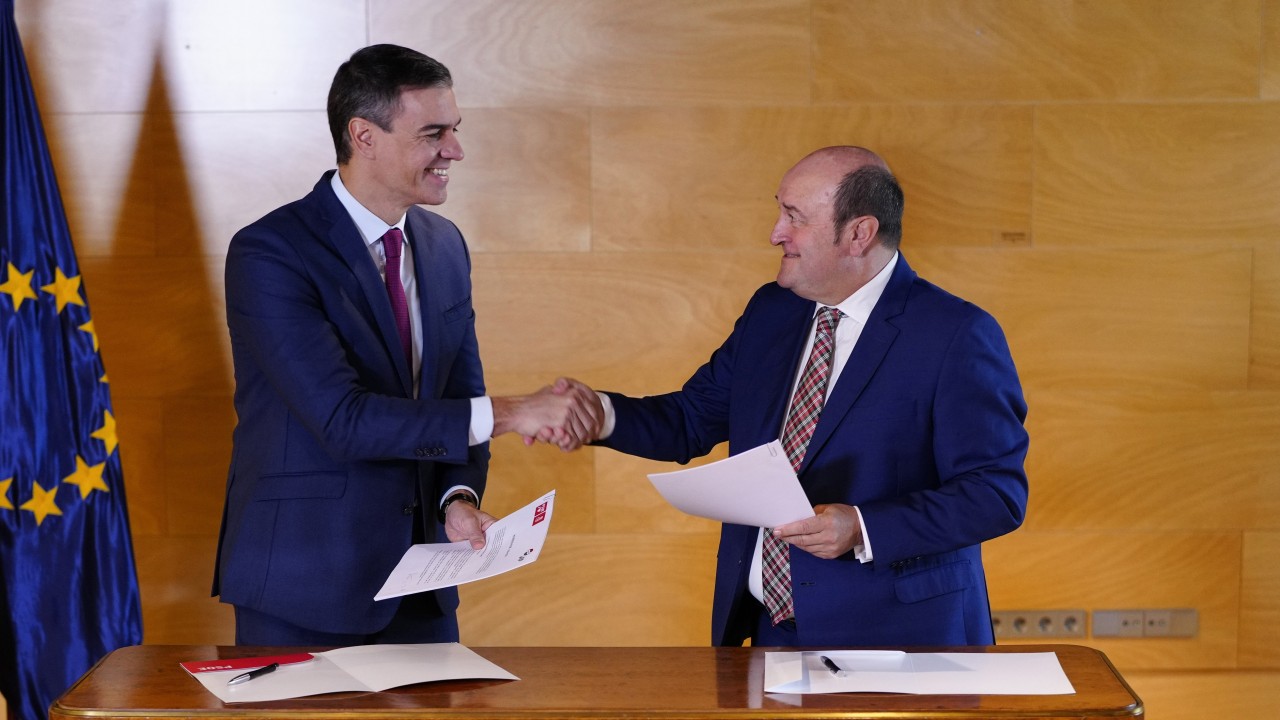
The re-elected president, Pedro Sánchez, has had the affirmative votes of the nationalist and nationalist parties to take the investiture forward, and the price paid has been higher than the traditional schemes. Sumar is the photo of the agreement with the Spanish left-wing coalition, followed by the Catalans ERC and Junts, and the PNV. With EH Bildu there have been no photos, who knows why, but, as others have done, it can be thought that the sovereign coalition would demand something from the Socialist Party – some of the Tertullians of COPE consider it “insecure” that all ETA prisoners will be given “something like amnesty”.
The PSOE agreements with partners show that its ability to make ambiguous policies is something of a different world. Sumar has agreed on a number of left-wing policies, and with the PNV, issues that are rather diffuse, which people are barely aware of compliance with the Gernika Statute 44 years ago, etc. Apart from fog and smoke, a significant point is the “stable” taxation of large banking and energy companies. This is what has agreed with Sumar Pedro Sánchez, and the opposite with the PNV, the commitment that tax processing is negotiated at an autonomous level and the need to join the Economic Concert.
Iberdrola, Repsol and BBVA
A couple of weeks ago a media campaign was conducted between Petronor and Confebask, among others, and the Basque Energy Agency also coincided with the excise duties imposed on banks and energy companies with significant profits. They are in force, but they will expire at the end of the year. The Sumar coalition wants to keep these taxes, explore more paths and convince Sánchez, said the president in the investiture session: “I’m sorry, but those who have more have to pay more, more than they do so far, it has to be so.”
Josu Jon Imaz, former president of the PNV and current CEO of Repsol, strongly criticised the excise duties, considered “discriminatory”. It even threatened, as the concern has been pointed out, that such measures “hamper the realization of stable investments”. “It’s illegal, it’s unconstitutional.”
The measure currently in force will lapse as the year ended, and it will have to be seen to what extent the moratorium is taking place, whether it will be stabilised and what mechanisms the PNV uses in the government to turn Euskadi into an oasis of rich energy companies. In a hypothetical situation in which Spain decided to impose additional taxes on these entities and to do in the CAV what it intends to authorize the PNV, the Basque Half would look a little like that unfair tax oasis that has so often been accused of the Community of Madrid.
One issue that gives rise to intense debate is that any law must be passed, the PSOE should have the consensus of all parties that have joined the investiture.
Free public transport
“As of January 1, public transport will be free for minors, young people and the unemployed,” Sánchez announced in the investiture program. “Young people” have not been fixed, but the Spanish media have set the age of 23 or 25 as a reference.
However, the public transport of the Spanish Government is only Renfe in Hego Euskal Herria. And also its Suburban service, at least in the CAPV, can become a short-term competence of the Basque Government, which was considered a year ago as an exchange variable in the investiture.
So a year ago the government is at the same point of debate. In November of last year, in view of 2023, the PNV considered that the application of discounts in its services was “unfair competition”, that is, that it did not see fit for Renfe to be free and for Euskotren to be at normal prices. Subsidies were therefore applied to the means of transport within the competence of the Government and the Members. Nationalists have followed Sánchez in the public transport debate, in the delays, against the PNV. But it seemed that he could have ended the end of this year and, once again, he has caught the members of Sabin Etxea with the opposite leg.
They have not yet publicly expressed what they intend to do. Renfe will be free for minors, young people and the unemployed. It remains to be seen whether the bus journey between Bilbao and San Sebastian is still around EUR 5, as by car only EUR 30 is spent on tolls.
231.000 panel jarriko dituzte, Arabako hego-mendebaldeko ehun hektareatan zehar: Armiñonen. EUskal Herriko bigarren eguzki parke handiena izango da.
PPk Senatuan proposatu du, gainera, euskal preso politikoek damua erakutsi behar izateko xantaia areagotzea.
Maiatzaren 22an EAEko Legebiltzarrak mila milioi euro zorpetzeko lege proiektua onartu du “zientzian, teknologian, enpresan eta industria sektorean eragiteko”. Naiz hedabideak jakitera eman duenez, Eusko Jaurlaritzak KPMG Asesores SL enpresari eskatu dio plana... [+]
Historically, a court of the Spanish Monarchy passed the following resolution: "The officers in charge of the custody of Iratxe Sorzabal applied electrodes to force him to testify, which constitutes a flagrant violation of his fundamental human rights." In other words, after the... [+]
Wokismoari begiratu beharrean antiwokismoari so jarri gara. Antiwokistek sorturiko multzoa delako wokismoa, eta antiwokismorik ez balego ez legokeelako wokismorik. Multzo eklektiko horri begiratu, eta laster ohartzen gara eskuin muturrak hastio duen guzia barnebiltzen duela:... [+]
Politikan, gizartean eragiteko nahiaren eta identitate zeinuetan sakontzearen arteko tentsioa ekidinezina da. Zabaltzearen eta norberaren ezaugarriak indartzearen arteko hartu-emana politikaren adierazle baita. Bi arloak lortu nahi izaten dira, eta elkarren artean elikatzen... [+]
I have had days of visits, experiences and reflections. There I am, trying to make intersectionality a reality, trying to connect struggles, trying to say all the points as bertsolaris, without pounding...
From the community radio station LoRa where I work, we organized a round... [+]








